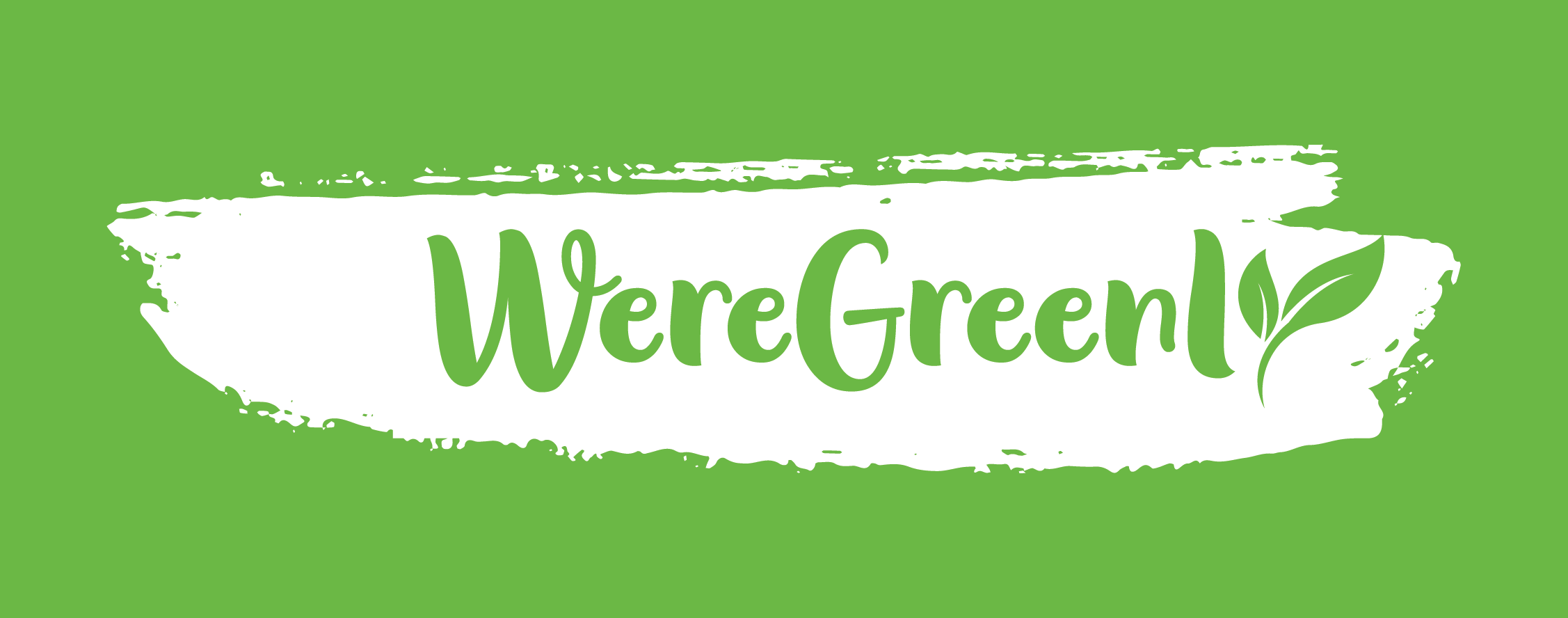Cassava Bags: Safe Alternative For Plastic Bags
The drought-tolerant hardy cassava native to South America is often used for food – but it can also be used to reduce pollution. Producers have found ways of using cassava to produce plastic alternatives that protect the environment and reduce exposure to toxins in soil and water.

Plastic bags polluting the environment are expensive to manage or recycle, making most of them end up in landfill sites. Cassava Bags, an Australian startup, seeks to reduce single-use plastic bags through a customized version of soluble, biodegradable single-use non-plastic bags.
If you don’t know this, plastic bags may take up to three hundred years to decompose while rendering the land infertile! The plastic bags break down slowly and release tiny toxic particles that pollute waterways and soil as they enter the food chain.
Cassava Bags makes non-toxic natural cassava-based products free of Bisphenol (BPA) and Polylactic acid (PLA), making them harmless to the ocean water. Each bag dissolves in hot water within three minutes. If they end up in the ocean, they only take a few days to dissolve – and decompose in the soil after half a year.
CEO and co-founder Bruce Delarossi claims the company is driven by a desire to save the planet, motivating them to produce an incredible invention that may benefit the whole world. They are proud of various achievements and hope to produce more groundbreaking inventions.

Cassava packaging dates back to when Kevin Kumala’s company Avani Eco produced plastic alternatives for straws, lunchboxes, forks, spoons, and other utensils in 2015. Hong Kong’s Distinctive Action also released cassava bags named ‘Invisible Bags’ five years later.
The production of cassava-based bags is cheap and effective for environmental protection. The process is organic and sustainable, and the final products don’t harm wildlife. Overall, it’s a great eco-friendly invention.
